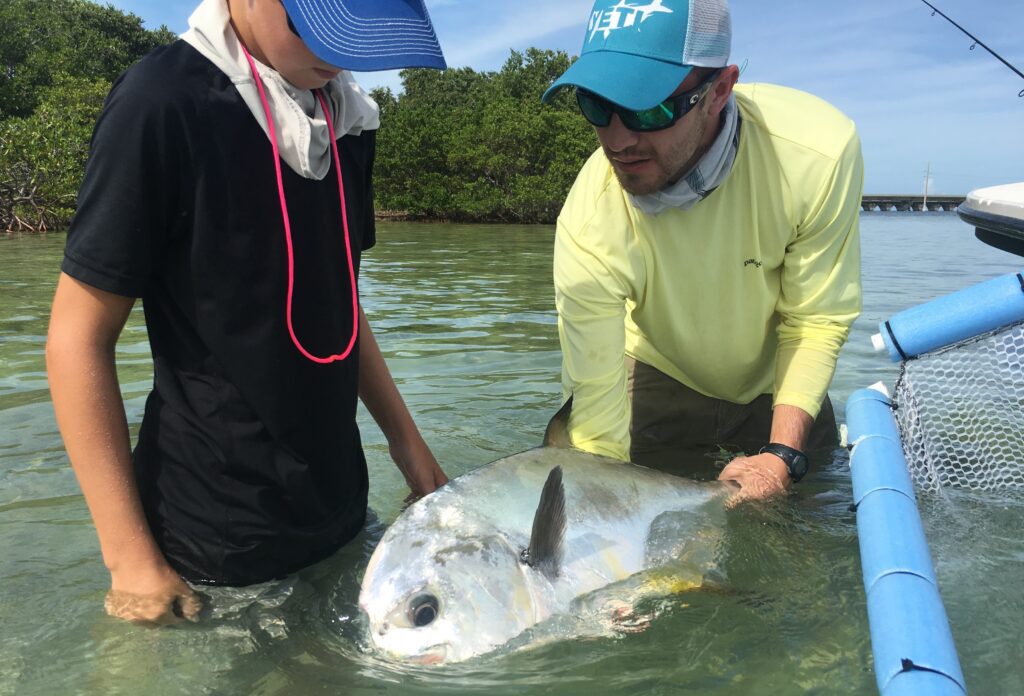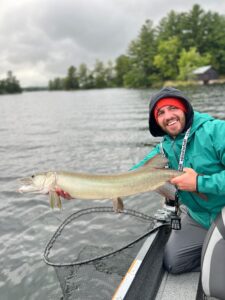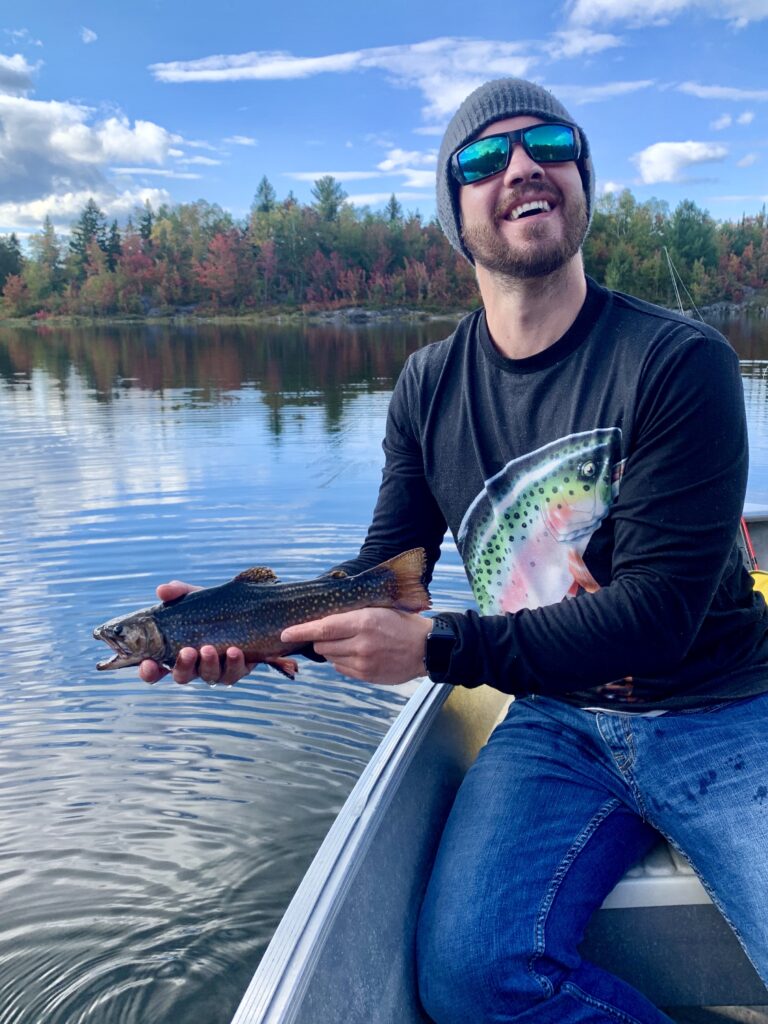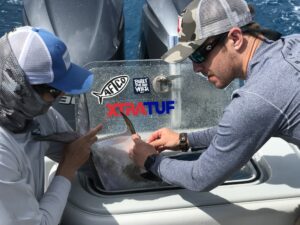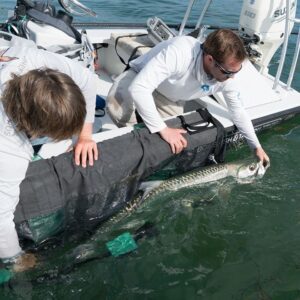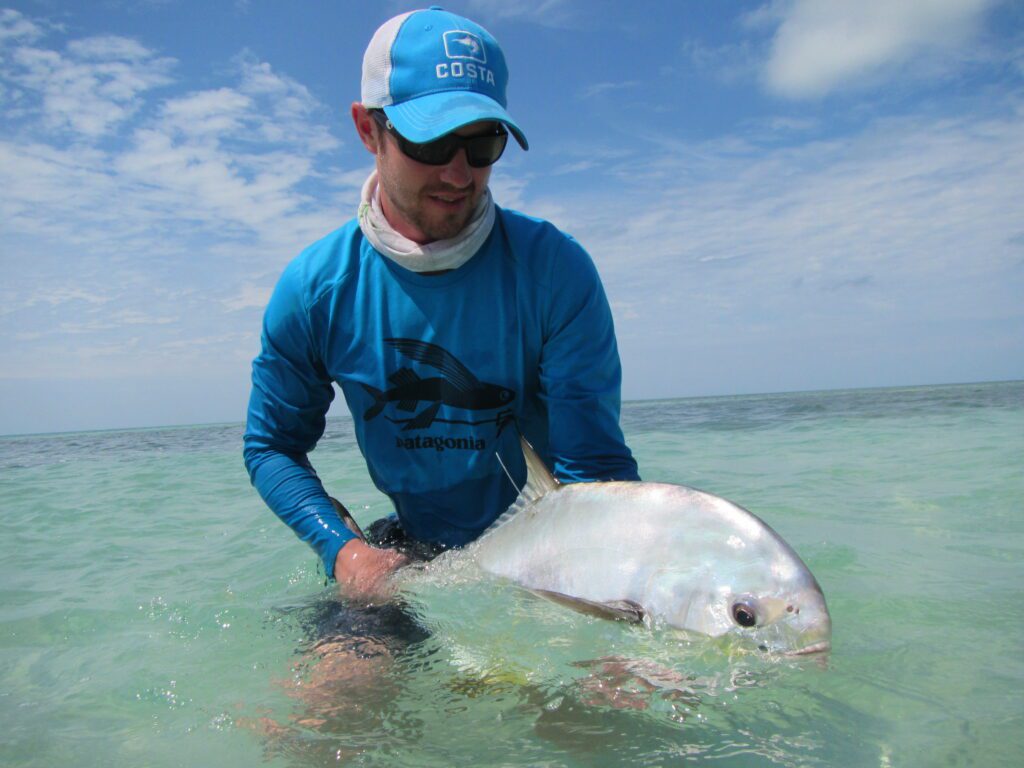Imagine trying to fix a watch while it’s ticking. That’s the challenge aquatic scientists face when working to understand and protect ecosystems constantly in motion, impacted by environmental change, human activity, and the unpredictable nature of aquatic life. For Dr. Jacob Brownscombe, research scientist at Fisheries & Oceans Canada and winner of the 2025 Stevenson Lectureship Award, these challenges are at the heart of his groundbreaking work.
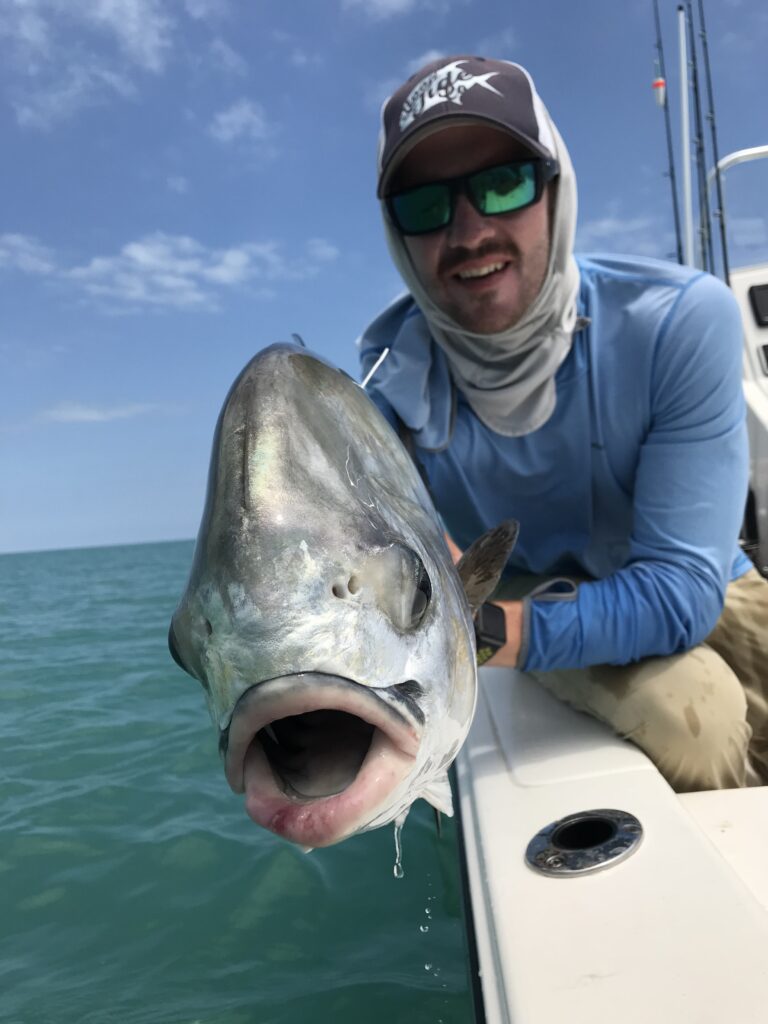 Aquatic ecosystems are among Earth’s most dynamic and complex environments, but traditional conservation methods often fall short in addressing their nuances. “We’re managing systems for a future we’ve never seen,” Dr. Brownscombe explains, “and that requires tools that can predict outcomes beyond our current understanding.” From leveraging machine learning to applying bioenergetic models, his research offers a glimpse into the future of ecosystem management, where data doesn’t only inform decisions, but helps anticipate the unexpected.
Aquatic ecosystems are among Earth’s most dynamic and complex environments, but traditional conservation methods often fall short in addressing their nuances. “We’re managing systems for a future we’ve never seen,” Dr. Brownscombe explains, “and that requires tools that can predict outcomes beyond our current understanding.” From leveraging machine learning to applying bioenergetic models, his research offers a glimpse into the future of ecosystem management, where data doesn’t only inform decisions, but helps anticipate the unexpected.
These predictions are not just academic exercises; they’re protecting species and shaping policies. One of Dr. Brownscombe’s most notable milestones was his team’s work in the Caribbean, where their research influenced the design of a marine protected area. By identifying critical habitats for reef fish and quantifying their energetic needs, they provided policymakers with actionable insights to balance ecological and economic priorities—a triumph of data-driven conservation in action.
The stakes are high, and so are the challenges. “Ecosystems are inherently messy,” Dr. Brownscombe admits. “You’re dealing with incomplete data, conflicting interests, and the relentless urgency of ecological crises. But that’s what makes the work so important.” Through collaboration across disciplines, his team is finding solutions that are not only scientifically robust but also socially and economically viable.
In this Q&A, Dr. Brownscombe shares the challenges and stories behind his research. From his thoughts on the future of machine learning in conservation to the mentors who shaped his career, he offers an inspiring glimpse into what it takes to tackle one of the most pressing puzzles of our time.


